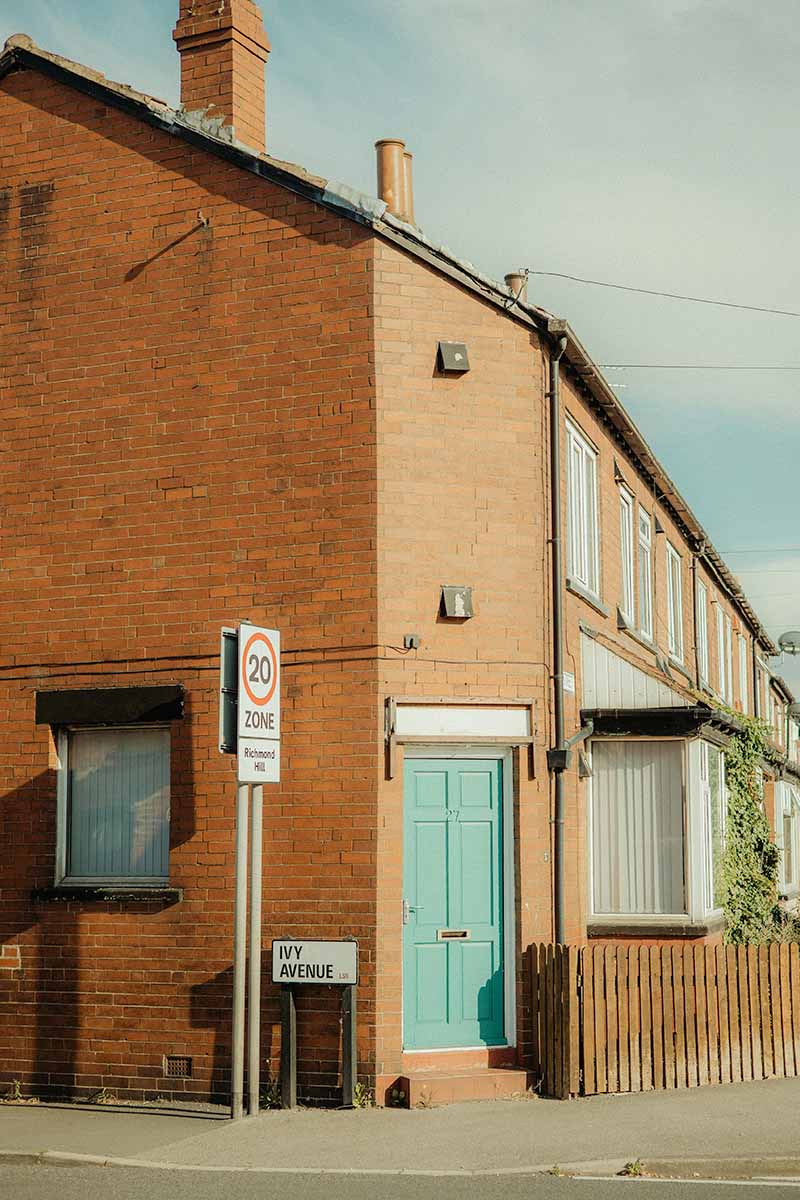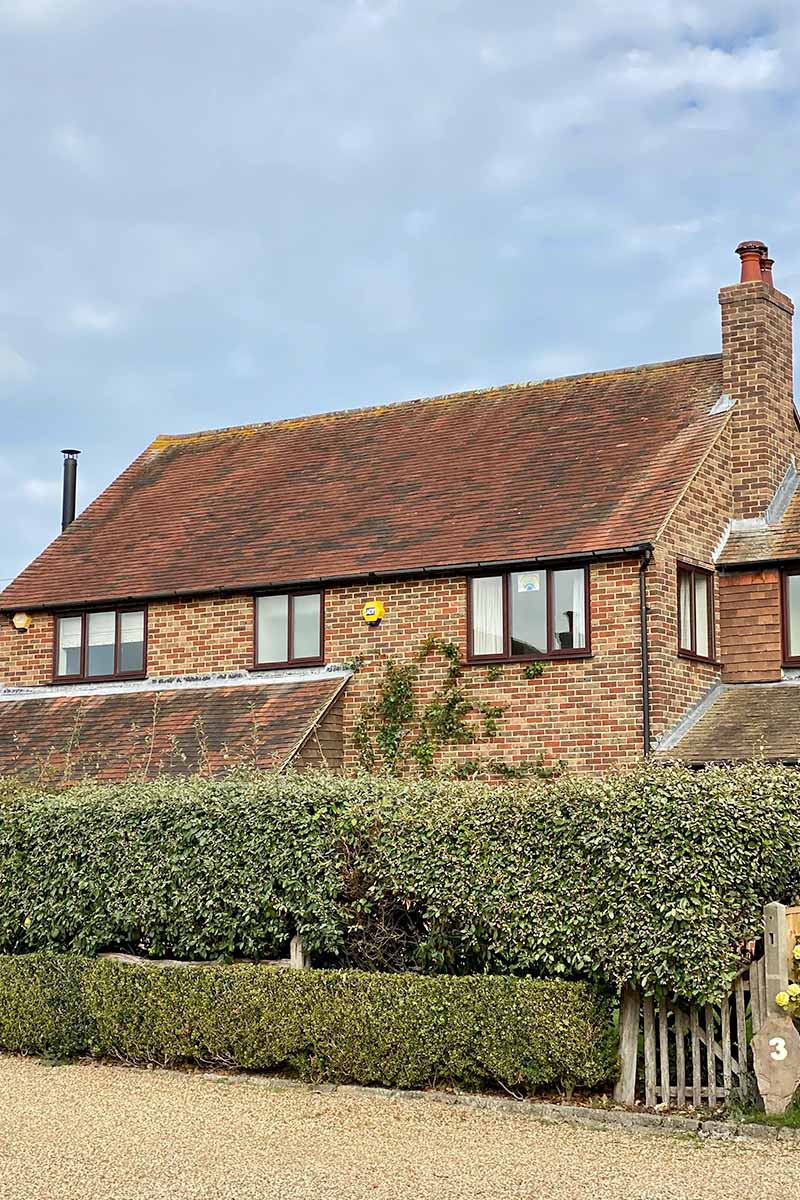Should I sell or rent out my home if I’m moving for a new job?
Relocating for a new job often means making a tough decision about your current home. Should you sell it to free up equity and move on cleanly, or rent it out as a potential long-term investment? The right choice depends on your finances, the property market, and how certain you feel about your move. This guide explores the pros and cons of both routes, explains the financial and legal implications, and provides real-world scenarios to help you weigh up your options.
There’s no single answer to whether you should sell or rent out your home when relocating for work. The choice depends on whether you need quick access to your equity, how stable the rental market is, and whether you’re prepared to take on landlord responsibilities.
- Selling: Best for a clean break, fast access to cash, and avoiding the complexity of managing two properties.
- Renting: Offers potential income and long-term capital growth but comes with tax, regulations, and the risks of being a landlord.
- Key factors: Your mortgage, tax position, job security, and whether your move is permanent or temporary.

When selling makes sense
Selling provides certainty. You’ll free up equity for a deposit on your next home and avoid the risks of becoming a landlord. This option suits those relocating permanently, moving abroad, or anyone who needs to move fast without the hassle of dual ownership.
Selling is particularly sensible if:
- You need equity to fund your next purchase.
- Your relocation is long-term or permanent.
- The property market is strong and sales are completing quickly.
- You don’t want to deal with tenant management, maintenance, or legal compliance.
The downside is that you give up potential future price growth and may face estate agent and legal fees. But for many, the peace of mind outweighs these costs.
When renting makes sense
Renting may appeal if your move is temporary or you’d like to keep a foothold in the property market. Rental income can cover mortgage payments and, over time, the property may grow in value.
Renting can be a good option if:
- You may return to the area in future.
- The local rental market is strong and likely to remain so.
- You can afford to hold the property without immediate equity release.
- You want a long-term investment alongside your new home.
However, you’ll need to consider landlord regulations, maintenance responsibilities, and periods where the property might be empty. Remote landlordship (especially if moving abroad) can be stressful, though agents can manage the property for 12–20% of rent.
Financial considerations: tax, mortgages, and costs
The financial implications are often the deciding factor.
Mortgage rules:
- If you want to rent temporarily, many lenders offer “consent to let” for up to 12 months.
- For long-term letting, you’ll need to switch to a buy-to-let mortgage, which usually comes with higher rates and bigger deposit requirements.
Tax on renting:
- Rental profit (income minus allowable expenses) is subject to Income Tax at your marginal rate.
- Mortgage interest is no longer fully deductible, though you do receive a 20% tax credit.
- Allowable deductions include letting agent fees, insurance, repairs, ground rent, and service charges.
Capital Gains Tax:
- If you sell after renting, CGT may apply to any increase in value since you moved out. Private Residence Relief only covers the period you lived in the property plus the final 9 months of ownership.
Costs to budget for as a landlord:
- Safety certificates and compliance upgrades.
- Letting agent fees (12–20% of rent).
- Maintenance and repairs.
- Insurance and void periods when no tenant is paying rent.
Short-term relocation vs permanent move
The nature of your move plays a big role.
- Short-term relocation: Renting often makes sense. If you’re away for a year or two, letting your property means you can return later. Consent-to-let agreements are designed for this.
- Permanent relocation: Selling is usually cleaner. It frees up equity for your next purchase, avoids managing tenants remotely, and reduces risk if you’re unlikely to move back.
Thinking about how long you expect to stay in your new role or location is a useful starting point.
Save time and hassle by selling your home with us
Get a guaranteed cash offer on any property in England and Wales. All you need to do to get started is enter your address below.
Table: selling vs renting when moving for work
Case studies: real-world examples
Mark’s permanent relocation
Mark relocated from Birmingham to Manchester for a senior role. He decided to sell his Birmingham flat, releasing equity for a larger home closer to his new job. Selling gave him a clean break and avoided the stress of managing tenants from a distance.
Sarah’s temporary move abroad
Sarah moved to Singapore for a three-year assignment. Instead of selling, she rented her UK house to cover the mortgage. When she returned, she still owned the property, which had risen in value, giving her both income and capital growth.
James’s landlord experience
James moved to Edinburgh and initially rented out his old property in Leeds. After tenant issues and unexpected repairs, he found the stress outweighed the benefits. He later sold to a cash buyer for certainty and a quick exit.
Common FAQs
Do I pay Capital Gains Tax if I rent then sell my home?
Yes, CGT may apply to any increase in value from the point you moved out. Private Residence Relief will reduce the bill for the time it was your main residence.
What is “consent to let”?
It’s temporary permission from your lender to rent out your home on your existing mortgage. Typically valid for 6–12 months. For longer, you’ll usually need a buy-to-let mortgage.
How much tax will I pay on rental income?
Rental profits are taxed at 20%, 40%, or 45%, depending on your total income. You’ll also receive a 20% tax credit on mortgage interest paid.
What happens if tenants don’t pay rent?
You’ll still need to cover mortgage and costs. Specialist landlord insurance can protect against arrears and legal expenses.
Can I switch back from renting to selling later?
Yes, but timing matters. If you’ve rented the property, CGT may apply when selling. Planning the sale around tax allowances can reduce the bill.
Should I sell before moving or after?
Selling before provides certainty, but delays can complicate your relocation. Selling after may mean juggling two properties at once. A cash buyer provides a guaranteed timeline.
Recap: should I sell or rent out my home if I’m moving for a new job?
- Selling is the cleanest route if you need quick access to equity, want to avoid landlord obligations, or know you won’t return.
- Renting can generate income and preserve long-term investment potential, but comes with tax, regulations, and risks.
- Your choice depends on how permanent your move is, your finances, and your appetite for landlord responsibilities.
Thinking of selling your home quickly?
If selling feels like the right move, Habello can help you avoid delays and uncertainty:
- Fair market valuation.
- Final cash offer within 48–72 hours.
- Flexible timeline to suit your schedule.
- No legal fees when using our partner solicitor.
- Guaranteed sale with no chains.
Property owners are choosing Habello for a faster, easier and less stressful way to sell
Sell your home quickly for cash by accepting an offer just below market value. See how we compare to your other options by using the calculator below.
Related guides
Bring yourself up to speed with our property guides.





































































































